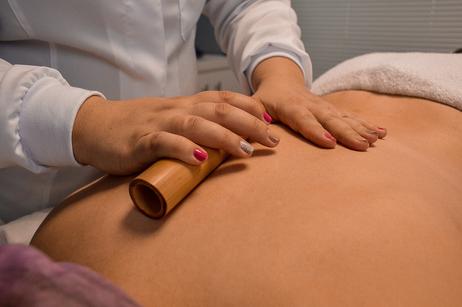Is a Therapeutic School What You Need? (2025 Update)
When everyday interventions aren’t enough, a therapeutic boarding school can offer the intensive support some teens truly need. This updated guide examines the latest 2025 data, costs, program improvements, and expert advice—helping families evaluate whether this path could be the right one.
What Exactly Is a Therapeutic School?
Therapeutic boarding schools—also called residential treatment schools—combine academic instruction with structured emotional and behavioral support. Licensed counselors, therapists, and educators work together using methods like individual counseling, group therapy, and experiential activities (e.g., equine or art therapy). These schools create predictable routines, safety, and therapeutic care in one cohesive setting.BoardingSchools.US
In recent years, industry-wide oversight has improved, including standards set by NATSAP, the National Association of Therapeutic Schools and Programs.natsap.org
What’s Changed (and Stayed the Same) in 2025
Demand and Availability
Following a wave of closures in the early 2020s, the therapeutic boarding niche is stabilizing. Parents are more cautious, seeking accredited programs with transparent outcomes.McMillan Education
Average Costs
Prices remain substantial. Many schools charge $9,000 per month, with recommended stays of 6 to 12 months, equating to $54,000–$108,000 annually.Help Your Teens -
To ease the burden, low-cost or sliding-scale options exist. For example, some residential programs serving K–12 students offer boarding for under $10,000 per year—though availability is rare and varies widely.Rescue Youth - Help for Parents
Who Benefits the Most?
Therapeutic schools are best suited for students facing:
Emotional or behavioral challenges that disrupt traditional schooling.
Mental health diagnoses, such as anxiety, depression, or PTSD.
Family situations where outpatient or local supports haven’t succeeded.
These programs provide consistent structure and focused care—often far beyond what parents or schools alone can offer.
What Parents Need to Know
Effectiveness and Outcomes
Independent assessments of success rates are limited. Parents are advised to evaluate each school’s track record by asking for alumni updates, college admission data, and follow-up outcomes.Help Your Teens -
Accreditation and Standards
Choose schools affiliated with reputable organizations like NATSAP and those that maintain licensed staff credentials. Visit schools to tour facilities, meet multidisciplinary teams, and review outcome data.
Financial Planning
Ask about financial aid, sliding-scale options, or local grants. If cost is a barrier, consider schools serving less common age groups or partnering with local entities offering tuition relief.
Summary Table
| Aspect | What's New in 2025 |
|---|---|
| Program Stability | Industry stabilizing with stronger oversight and standards |
| Cost Range | $54K–$108K/year typical; some low-cost options available |
| Support Focus | Emphasis on licensed therapy, routines, small class strengths |
| Accountability | Look for alumni data, college placement, and follow-up results |
| Access & Equity | Limited free/low-cost options, need to explore creative funding |
Expert Perspective
Dr. Anna Morales, a clinical psychologist who evaluates therapeutic programs, shares:
“Therapeutic boarding schools can be transformative when tailored to a teen’s needs—but success depends on program quality, family involvement, and realistic expectations. Visit each campus, understand their daily routines, and seek follow-up outcomes.”
Final Thoughts
In 2025, therapeutic boarding schools remain a valid option for families navigating deeper emotional or behavioral challenges—when conventional supports fall short. If your child needs structure, specialized care, and a reset within an educational environment, the key lies in finding an accredited, transparent, and supportive program that fits your child—and family—holistically.












